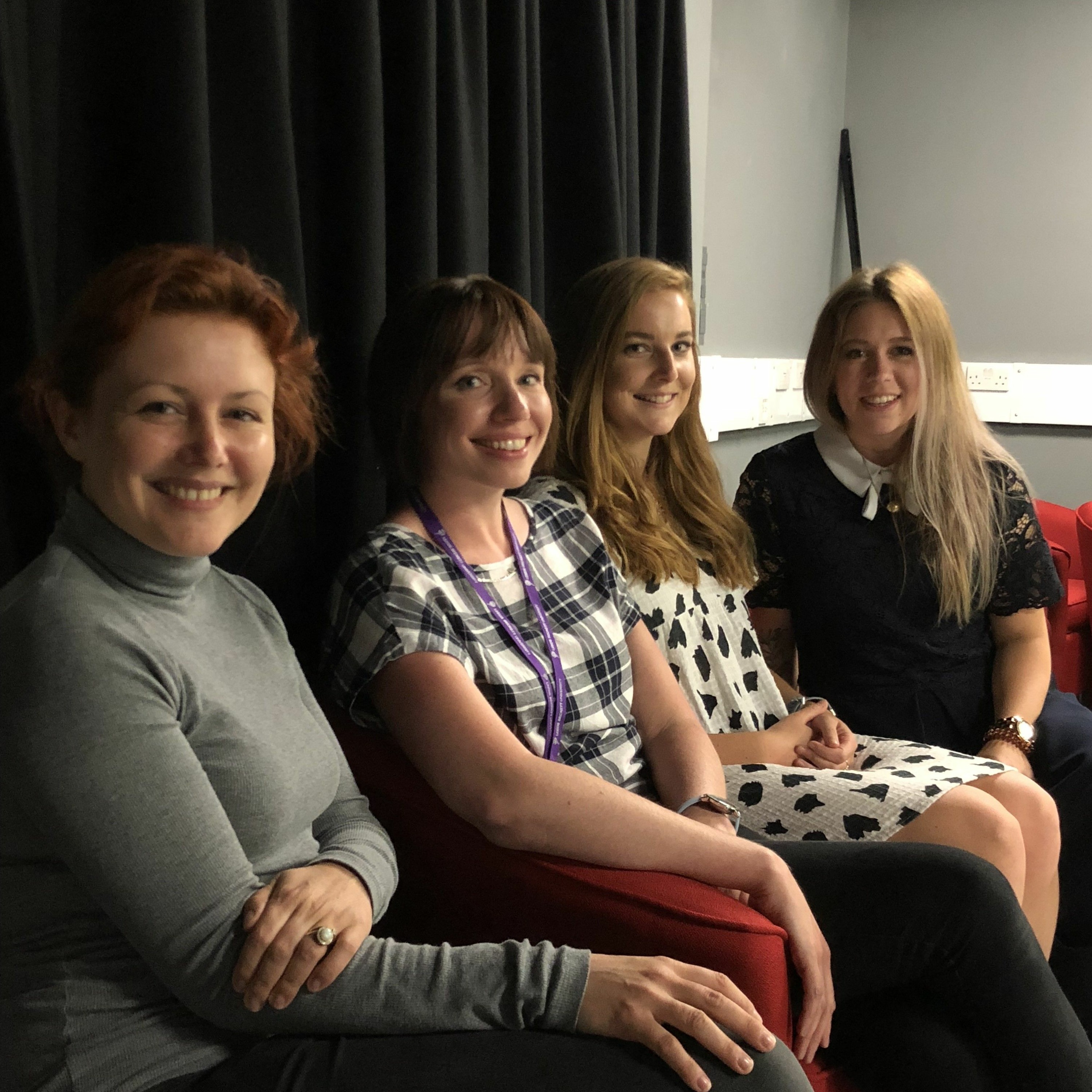Improving Care & Support for People with Dementia

In this podcast Megan Calvert-O'Hare interviews Alys Griffiths, Rachael Kelley and Cara Sass from the Centre for Dementia Research at Leeds Beckett University. Research Fellows Alys and Rachael and PhD student Cara all work on studies aimed Improving Care & Support for People with Dementia.\n\nIn podcast they talk about their most recent studies, including looking at the impact of sports-based reminiscence for men with dementia, the experiences of people receiving hospital based cancer treatment or residential care whilst living with comorbid cancer and dementia, and evaluating the impact of an 8-week carers training programme on health and well-being.\n\nThey also discuss recently completed projects include the EPIC trial, which evaluated the effectiveness and cost-effectiveness of Dementia Care Mapping in care homes, the What Works? study, which explored effective ingredients to dementia training and education for the UK health and social care workforce, and an ethnographic study of the involvement of families in the hospital care of people with dementia. \n\nIn 2013 the James Lind Alliance and Alzheimer\u2019s Society undertook a priority setting partnership. Essentially, this is a big survey to discover what people feel future research priorities should be. You might may or may not be surprised to hear that 9 out of the top 10 were related to care\u2026 here are the top three:\n\n1.\tWhat are the most effective components of care that keep a person with dementia as independent as they can be at all stages of the disease in all care settings?\n\n2.\tHow can the best ways to care for people with dementia, including results from research findings, be effectively disseminated and implemented into care practice?\n\n3.\tWhat is the impact of an early diagnosis of dementia and how can primary care support a more effective route to diagnosis?\n\nHighlighting the importance of care research, and the contribution these three Early Career Researchers are having with their work.